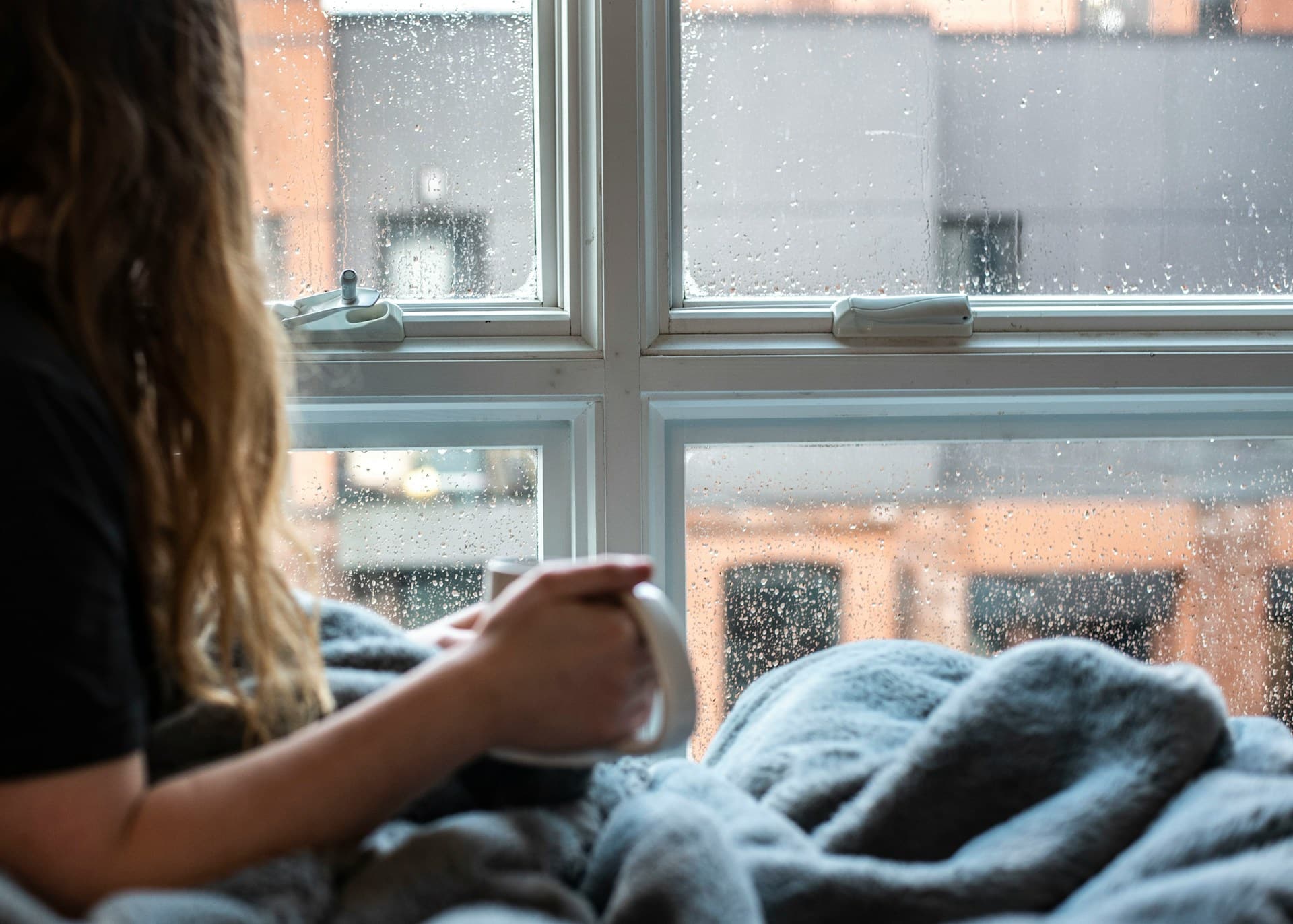
19 Mar Should You Get a New Toothbrush If You’ve Been Sick?
In general, you should change your toothbrush every three months, or sooner if the bristles start to get frayed or splayed. But did you know that it’s also recommended to discard your toothbrush after you’ve been sick? Toothbrushes often harbor germs, especially when they are not stored properly. That’s why it’s so important to sanitize or replace your toothbrush on a regular basis.
Flu season isn’t over yet, so we’re sharing a few tips on how to sanitize and store your toothbrush, and how to take good care of your teeth when you’re sick.
Don’t Skip Brushing Your Teeth When You’re Sick
No matter how horrible you feel, it’s important not to set your good habits aside. You still need to brush your teeth at least twice a day, even when you’re sick. If you skip your regular morning and evening brushing, you’re just giving bad bacteria a chance to multiply. Brushing and flossing will not only get rid of plaque—it will also rid your mouth of the germs that are making you sick.
However, if you’ve been sick to your stomach, you need to be careful about when you brush your teeth. It may be tempting to brush immediately after vomiting, to get rid of that awful taste in your mouth, but don’t do it!
Vomiting exposes your teeth to stomach acid, which weakens your tooth enamel. If you brush your teeth too soon, you’ll just be spreading that acid around and making your teeth more vulnerable to damage. Instead, use a mouth rinse to freshen up, and wait 30 to 60 minutes before brushing to give your saliva a chance to restore a neutral pH balance.
Toothbrush Storage Tips
Storing your toothbrush properly can help you—and anyone else who shares your bathroom—stay healthy. Here are a few tips on how to store your toothbrush.
- Always store your toothbrush in a place where it can air-dry completely between uses. Keeping it in a plastic case where it can’t dry out allows germs and even mold to fester.
- Don’t keep your toothbrush on the bathroom countertop—put it in the medicine cabinet or in a drawer instead. If it’s out in the open, you risk having germs settle on it every time someone flushes the toilet or washes their hands.
- Never store your toothbrush next to someone else’s. You probably won’t get re-infected from your own germs, but you could end up infecting other members of your household if you share a toothbrush holder.
I Just Got a New Toothbrush! Do I Really Need to Replace It?
Depending on whether you had a bout of flu, gastroenteritis, or Covid, you might want to throw it out anyway. Some viruses, like SARS-CoV-2, can live for several days on non-porous surfaces. But if you don’t want to replace a brand-new toothbrush after being sick, there are several ways to sanitize it.
Three Ways to Sanitize a Toothbrush
1: Boiling Water
Immersing your toothbrush in boiling water for 2-3 minutes should kill any lingering germs. However, this method works best for plastic toothbrushes. If you have a bamboo toothbrush, boiling it might make the wood start to splinter, which could irritate your mouth.
2: Vinegar
Ordinary white vinegar has some amazing anti-microbial properties. Soaking your toothbrush in vinegar overnight will kill both bacteria and viruses. The only drawback is that it might taste a little funky when you brush your teeth the next morning.
3: Hydrogen Peroxide
Mix one teaspoon of hydrogen peroxide with one cup of water in a glass, and set your toothbrush inside it so that the bristles are entirely submerged. Let it soak for at least 15 minutes, then rinse before using.
If you’re worried about waste, there are plenty of sustainable toothbrush options. Toothbrushes made from bamboo are biodegradable and sometimes even compostable. There are also toothbrushes with handles made from recycled plastic, which helps reduce the amount of waste in landfills.
Preventive Dental Care in Prescott
When you’re sick, you might have to postpone one of your scheduled dental checkups. However, don’t put it off too long. Getting your teeth examined and cleaned twice a year is essential in preventing cavities, gum disease, and more. Regular preventive care helps keep your smile bright and your whole body healthy! So if you’re due for an exam, don’t delay—give us a call or send us a message online to schedule an appointment today.
Photo by Amin Hasani on Unsplash used with permission under the Creative Commons license for commercial use 3/12/2024.



